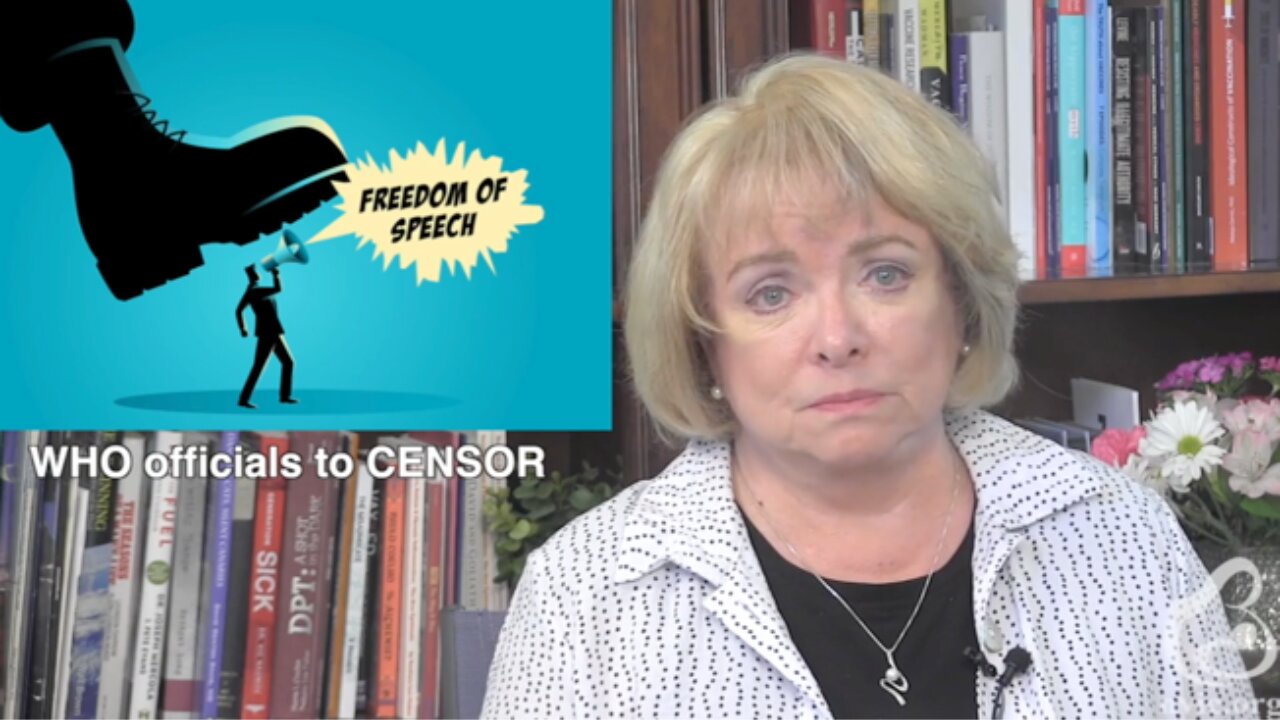- In January 2009, FDA employees privately sent messages to the Presidential Transition Team for president-elect Barack Obama regarding allegations of faulty review and FDA approval processes.
- In response to the complaints raised by their employees, the FDA began a search and seizure operation, in which they tracked private e-mail correspondence and installed spyware on government computers.
- Fed up by the secret surveillance operation, the FDA employees filed a lawsuit in the District Court of Washington alleging that the FDA actions violate the First, Fourth and Fifth Amendments.
After several Food and Drug Administration employees exposed alleged flaws in the agency’s approval process for medical devices to Congress and the press in 2009, the FDA retaliated with a controversial e-mail monitoring program, sparking a lawsuit against the federal agency and ongoing questions about the legality and ethics of the surveillance.
Faulty FDA Review Processes Cited by Employees
In January 2009, FDA employees privately sent messages to John Podesta of the Presidential Transition Team for president-elect Barack Obama regarding allegations of faulty review and FDA approval processes. For example, the FDA scientists described a situation in which computer-assisted detection devices used with breast mammograms were deemed unsafe or ineffective in detecting breast cancer during past reviews.
Yet, the FDA disregarded the science and approved the devices anyway. This led to invasive and unnecessary follow-up tests for women and unnecessary costs to the public.
Special interest groups, such as General Electric, who stood to gain from device approvals by the FDA, complained about this “whistleblowing,” saying the employees “improperly disclosed” proprietary and confidential information about their imaging devices. However, the Department of Health and Human Services Inspector General Office found no evidence of criminal conduct by the employees. Further, Senator Charles Grassley of Iowa upheld the scientists’ rights to communicate such “whistleblowing” information to Congress.
Did the FDA Have Authority for Increased Monitoring?
In response to the complaints raised by their employees, the FDA began a search and seizure operation in January 2009, in which they tracked real-time, private e-mail correspondence done on government computers and networks. They also installed spyware on government computers in order to conduct closer surveillance on their employees’ communication.1 2 According to The New York Times, the tracking software cost $2,875 for use on 25 computers.3 This surveillance went on for several years.
Fed up by the secret surveillance operation, the FDA employees filed a lawsuit in the District Court of Washington on Jan. 25, 2012. The lawsuit alleges that the FDA actions violate the First, Fourth and Fifth Amendment.4 5
Although the agency warns users upon logging in that there is “no reasonable expectation of privacy” when using the government computers and networks, experts questioned whether the purpose of the surveillance was lawful and what level of monitoring on government computers is reasonable.6
In September 2014, U.S. District Judge Reggie B. Walton dismissed the employees’ lawsuit in a written ruling, saying the court has no jurisdiction since Federal Civil Service laws require plaintiffs to pursue administrative remedies before filing the lawsuit and the scientists did not do this. Walton added that the case was “troubling,” but “amounts to nothing more than a generalized grievance.”
The case was dismissed.7
FDA Spying Actions Broke Law
The U.S. Office of Special Counsel (OSC) issued guidance in 2012 emphasizing the legal right to confidentiality for federal workers to report government misconduct without fear of retaliation. Further, the counsel said surveillance may have a legitimate purpose, but agencies need to make sure their monitoring practices “do not interfere with or discourage employees from disclosing wrongdoing.” In this case, the FDA surveillance program crossed the line because the worker complaints were protected under law.8 9 10
In November 2012, President Obama signed the Whistleblower Protection Enhancement Act into law to strengthen protections for federal employees who raise red flags about government affairs. In particular, the legislation restores the OSC’s ability “to seek disciplinary actions against supervisors who retaliate.”11
In February 2014, Grassley and Darrell Issa, House of Representatives chairman of the Committee on Oversight and Government Reform, released a report regarding the ordeal. They concluded that1 the FDA’s actions were unlawful and exceeded the agency’s authority and2 the FDA had no policy in place and insufficient written consent from the employees prior to initiating the monitoring program.
The communications the agency captured through the surveillance were indeed protected by law. Since these events, the FDA has begun taking steps to enhance its monitoring procedures to ensure it is done in compliance with the rights of federal whistleblowers.
References:
1 U.S. District Court for the District of Columbia. Case No. 1:11-cv-01739-RLW. Filed Jan. 25, 2012.
2 Harris G. Scientists Say F.D.A. Ignored Radiation Warnings. The New York Times. Mar. 28, 2010.
3 Lichtblau E and Shane S. Vast F.D.A. Effort Tracked E-mails of Its Scientists. The New York Times. July 14, 2012.
4 See Footnote #1.
5 Burton TM. Scientist Behind FDA Flap Sued Prior Employers. The Wall Street Journal. July 19, 2012.
6 Nakashima E and Rein L. FDA Staffers Sue Agency Over Surveillance of Personal E-mail. The Washington Post. Jan. 29, 2012.
7 Rein L. Judge Dismisses Lawsuit by FDA Whistleblowers. The Washington Post. Sept. 24, 2014.
8 U.S. Office of Special Counsel. Office of Special Counsel Broadens Investigation into FDA’s Surveillance of Employees’ E-mail. Press Release. Feb. 15, 2012.
9 U.S. Office of Special Counsel. OSC Urges Agencies To Heed Whistleblower Rights When Monitoring Employee Communications. Press Release. June 20, 2012.
10 See Footnote #3.
11 U.S. Office of Special Counsel. Landmark Whistleblower Legislation Becomes Law. Press Release. Nov. 27, 2012.












